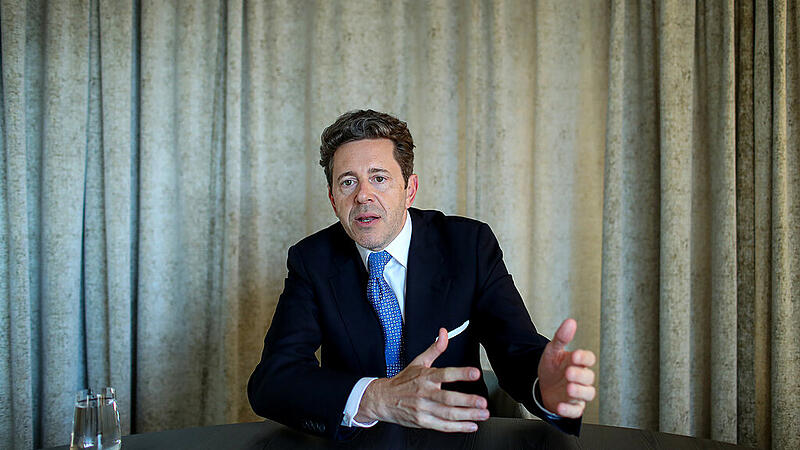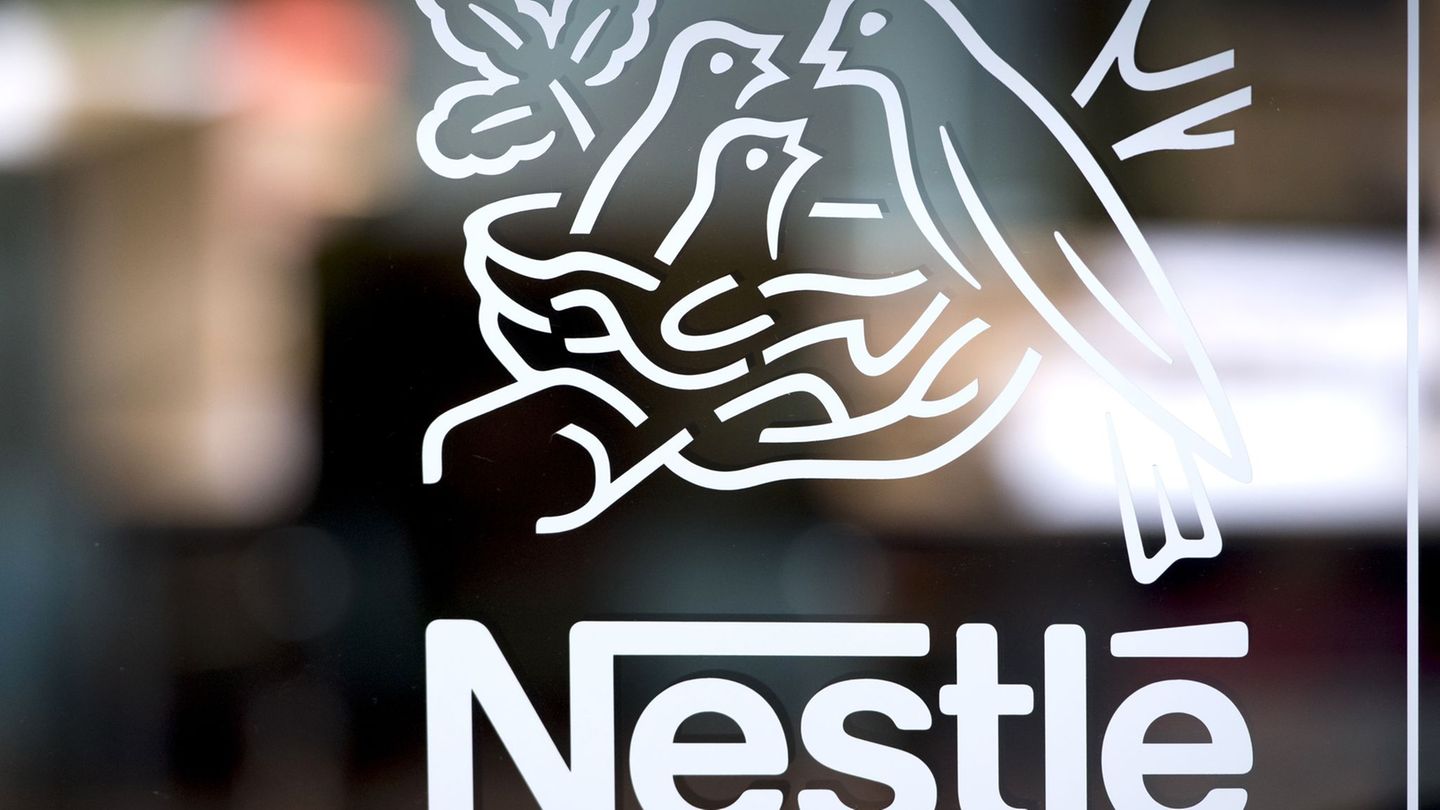So he was rarely but one with the SPÖ and FPÖ.
“Austria cannot afford significantly higher energy prices than other neighboring countries, because these are to the detriment of its own competitiveness,” warned the head of the Chamber of Commerce and the head of the ÖVP Economic Association in a written statement. “Therefore, domestic companies need further, powerful support with maximum use of the EU subsidy framework.” This must be implemented “quickly and unbureaucratically”. “Our companies need planning security and fairness in international competition.”
The SPÖ also reiterated similar demands or warnings towards the ÖVP-Green federal government. “The competitiveness of our companies is at stake, which endangers the entire economy,” said vice club boss Jörg Leichtfried in a broadcast. “It’s about lowering prices, dampening inflation. That’s why a gas price brake is sensible because it also has a favorable effect on electricity and food prices.”
Also FPÖ for gas price cap
Just last week, the Social Democrats tried to push through a gas price brake in parliament. There was no majority, and the FPÖ also voted against the SPÖ proposal at the time. In the meantime, however, FPÖ leader Herbert Kickl has also spoken out in favor of a gas price cap: a half-hearted electricity price brake for households is far from sufficient, he said in a broadcast.
Regarding further energy aid, Mahrer emphasized to the government that “Austria has not fully exhausted the EU subsidy framework with the present energy cost subsidy model”. Improvements recently implemented by the EU Commission would create further leeway. The subsidy framework has been extended until the end of 2023 and provides for a significant increase in the limits for eligible volumes, according to Mahrer, who also referred to the “elimination of unnecessary conditions”.
“Aid should run longer”
“At the same time, there is also scope for electricity price compensation,” says Mahrer. “High prices are to be expected in the long term, so the aid should not be limited, but should run until 2030, as is the case in Germany, for example. We do not want our companies to operate at the extreme limit – and unfortunately that is currently the case in many companies due to the cost situation already reality.” Therefore, it is important to cushion the energy cost situation for the companies with appropriate measures, the chief economic chamber warned of a threat to the existence of the location, companies and employees.
National state action must be taken, even if the EU Council of Energy Ministers passed resolutions on measures in the gas sector on Thursday, Mahrer’s lines to the APA also revealed. Because even if something is decided, it takes time before the measures can actually be implemented. “Therefore, the Austrian federal government needs to take quick measures to cushion the exorbitantly increased energy prices until any European solutions are implemented and take effect.”
Appeal of the Federation of Industrialists
In the run-up to tomorrow’s meeting of the European energy ministers, there was also an appeal from the Federation of Austrian Industries (IV) – which also called for Austro measures based on the German model if the plans there are approved by the EU. “In all the current discussions and considerations, the top priority is speed. Because every day that energy costs in Europe rise, our companies lose competitiveness,” warned President Georg Knill to act quickly.
The industry sees the further steps to alleviate the currently high energy prices, in the use of the joint gas purchasing platform for stocking up the EU member states and by capping gas price peaks to avoid isolated fluctuations on the intraday gas derivatives markets, as fundamentally positive. In other areas, however, the plans of the EU states did not go far enough. “The urgently needed decoupling of electricity and gas prices at EU level is not on the agenda. This will increasingly not only lead to a competitive disadvantage compared to other regions of the world – it will also increase the risk of a national race for support within the EU .”
Source: Nachrichten




